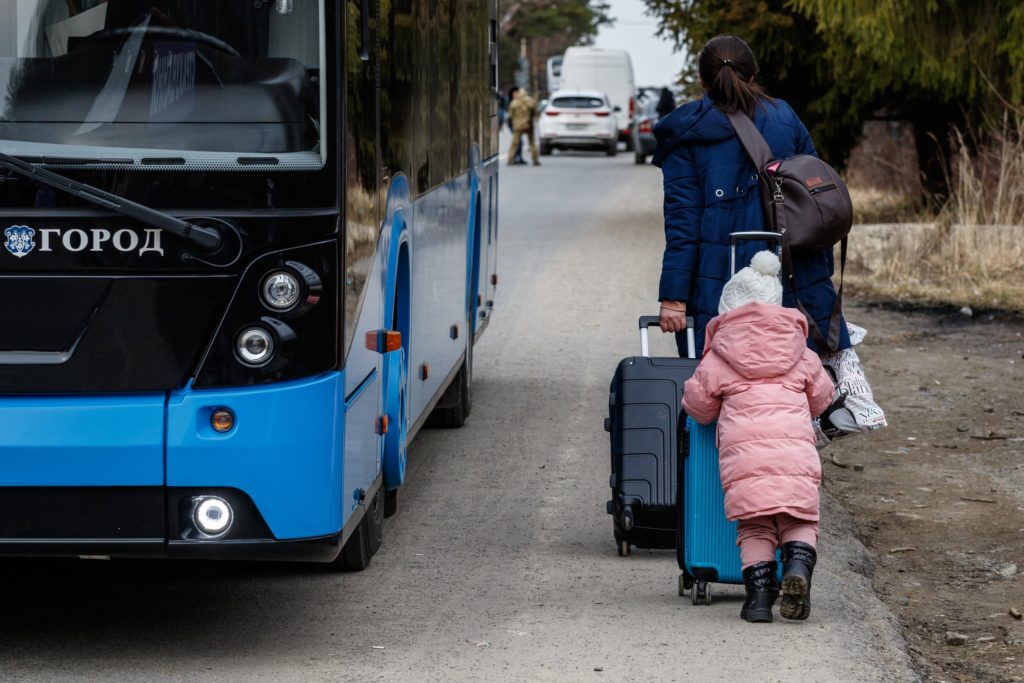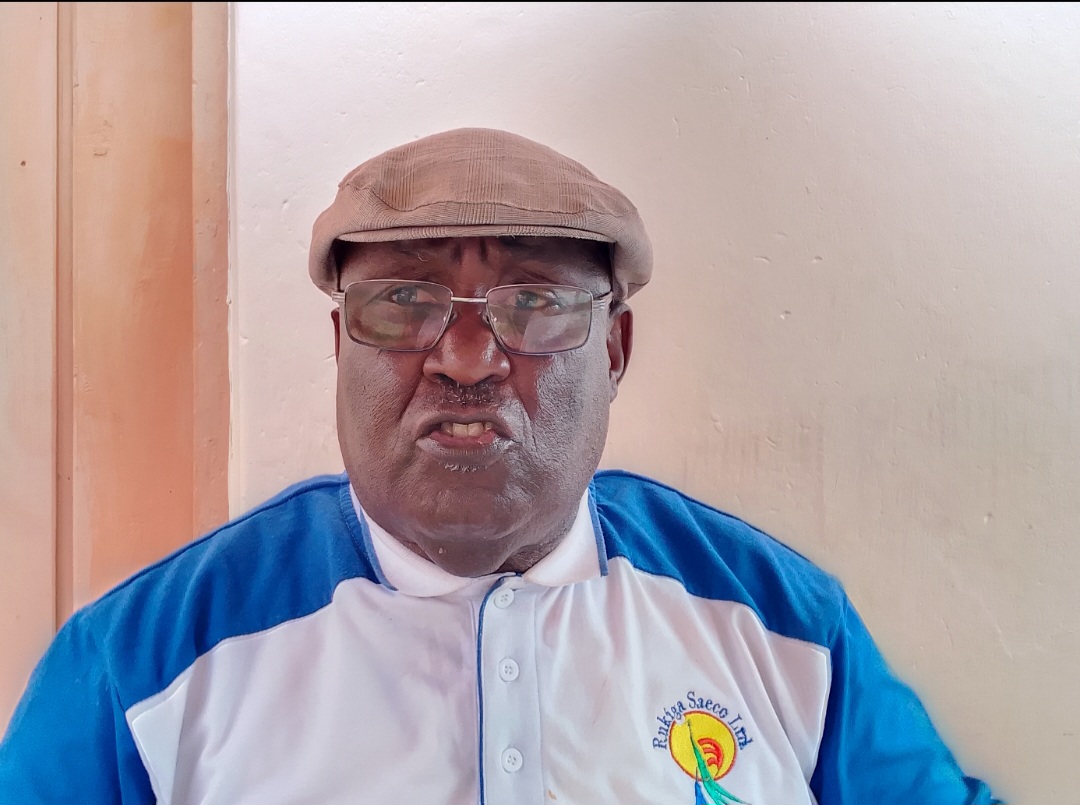Czechia to pay one-time travel grant for Ukrainian refugees’ return home
In a bid to facilitate repatriation of Ukrainian refugees, the Czech Ministry of the Interior will reimburse travel costs to Ukraine for 400 of Ukrainians and provide medical transport for up to 30 individuals.


The Czech Ministry of the Interior is initiating a pilot project from June to November 2024 to provide financial assistance to Ukrainian refugees who wish to return to Ukraine.
Around 5.6-6.7 million Ukrainians fled due to Russia’s full-scale invasion, with 50% being children, making Ukraine fear a “brain drain” if more educated, skilled Ukrainians remain abroad long-term and complicating a postwar recovery, especially as Europe faces labor shortages and perceive Ukrainians as a valuable workforce.
Under the program, which the Czech government approved in mid-May with a budget of 5.5 million Czech crowns ($241,000), refugees will be reimbursed for bus tickets, and the sick will be provided with ambulance transportation to Ukraine, according to Radio Prague International.
Czechia is prepared to cover travel costs for up to 400 individuals and arrange medical transport for a maximum of 30 patients. However, refugees will only be allowed to benefit from this paid voluntary return opportunity once, Radio Prague International states.
Magda Faltova, Czech Director of the Association for Integration and Migration, supported the assistance program while noting that likely only a small portion of refugees, primarily those lacking financial resources or facing health issues, would take advantage of it.
Faltova emphasized that the number of refugees with temporary protection in Czechia has remained relatively stable in recent months.
As of 2024, approximately 381,400 Ukrainian citizens who fled their country due to the full-scale Russian invasion in 2022 are residing in Czechia, according to Statista Research Department.
A survey by the Kyiv International Institute of Sociology (KIIS), conducted in April, reveals that only half of Ukrainian refugees in Germany, Poland, and Czechia plan to return home, a significant drop from 2022’s 93%.
In 2023, Ukrainian official Lana Zerkal expressed concerns over Germany’s recruitment of Ukrainian refugees, particularly women and men, due to their skills and inclination towards work. This situation worries her as it could result in a significant loss of Ukraine’s workforce, especially if refugees do not return due to a lack of schools, family support opportunities, and prospects in Ukraine.
Read more:
Ukrainian refugees’ plans to return home drop as Russian war continues
Pope Francis donates over USD 100,000 to help Ukrainian refugees in Lithuania
Media: Germany to speed up the integration of Ukrainian refugees into its labor market
Poland to stop aid for Ukrainian refugees in 2024, official says


